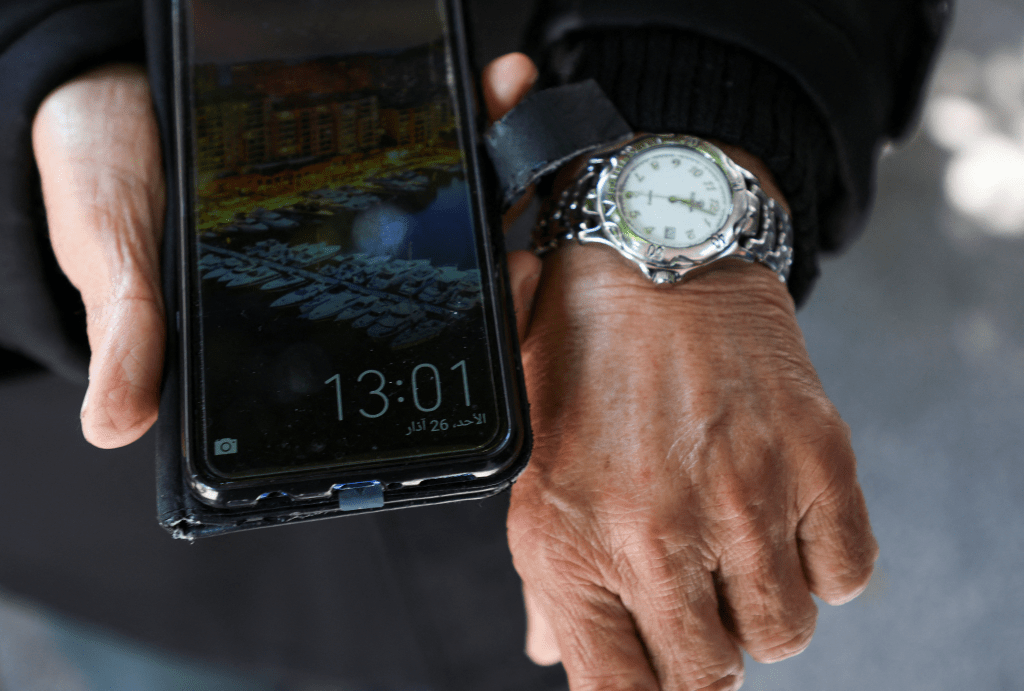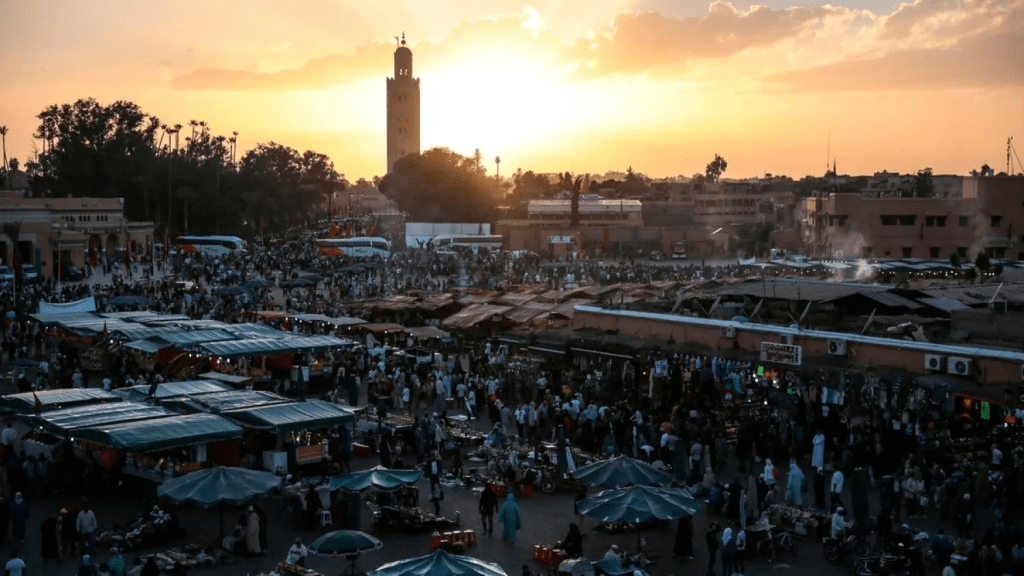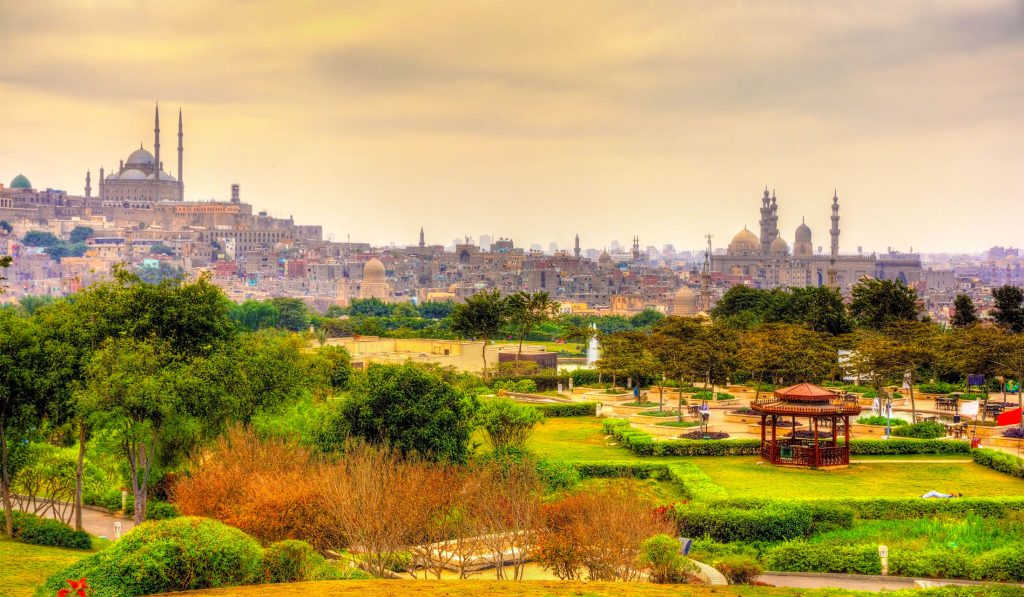As the world shifts its clocks forward this spring, the MENA region stands divided. While many countries observe daylight saving time (DST), others have ditched it altogether, and some change their policies with little notice.
This inconsistency reveals a larger pattern, reflecting varying priorities—from energy strategies to religious considerations. Let’s explore how different MENA countries handle DST and what it means for their daily lives.
Meant to Reduce Power Usage, But Does It Really Work?


Daylight saving time was initially introduced to make better use of daylight and save on electricity costs, particularly in the evening hours. The idea seemed simple: longer days, less energy used.
But today’s 24-hour economies and widespread air conditioning challenge that logic. Experts are divided—some argue the energy savings are negligible, while others believe extended daylight still eases pressure on power grids.
In MENA, countries are rethinking whether the disruption DST causes is still worth the potential benefits.
Egypt, Lebanon, & Palestine: How Their Daylight Saving Time Policies Differ in 2025


There are a few countries in MENA that still embrace daylight savings—but with varying timelines.
Egypt will begin DST on April 25, 2025, in an effort to conserve energy during the hot summer months. Lebanon, on the other hand, kicked off DST earlier, on March 30, after a political uproar in 2023 when the government delayed the switch for religious reasons. Meanwhile, the West Bank and Gaza Strip will start on April 12.
But here’s the catch: these dates can change unexpectedly, reflecting the region’s fluid approach to time. Even in countries that observe DST, coordination remains elusive, and local governments often make decisions based on immediate needs rather than a regional consensus.
The Gulf and Other Regions Dropped DST for Good


Some MENA nations have firmly rejected daylight saving time, either never adopting it or abandoning it long ago.
Saudi Arabia, Bahrain, the UAE, Iraq, Kuwait, and Yemen are all countries that do not observe DST. This choice often comes down to a desire for stability, minimizing disruption for businesses and governments, and simplifying life in a region where consistency often trumps change. This is especially important in the Gulf since there’s a huge difference between summer and winter time, which can reach close to two hours.
Exceptions to the Daylight Saving Rules Like Morocco and Syria


Some MENA countries adopt unique approaches to daylight saving time. Jordan and Syria observe DST year-round, sticking to UTC+3 for consistency. Morocco, however, suspends DST during Ramadan to shorten fasting hours, resuming it after Eid.
These exceptions show how cultural, religious, and practical needs influence time policies, reflecting the diverse strategies across the region.
The Impact of MENA’s Patchwork Time Policies
This patchwork of time policies creates real-world challenges. Whether it’s managing flight schedules, syncing business hours, or ensuring that tech systems run smoothly, mismatched clock changes can lead to confusion and inefficiency.
When countries start DST at different times, it’s not just about an hour gained or lost. It’s about the need for coordination in a connected world where every minute counts. In the end, consistency might matter more than the seasonal shift itself, as nations wrestle with the pros and cons of changing the clock.
WE SAID THIS: Don’t Miss…Echoes of Spring: How Ancient Middle Eastern Cultures Celebrated the Season



